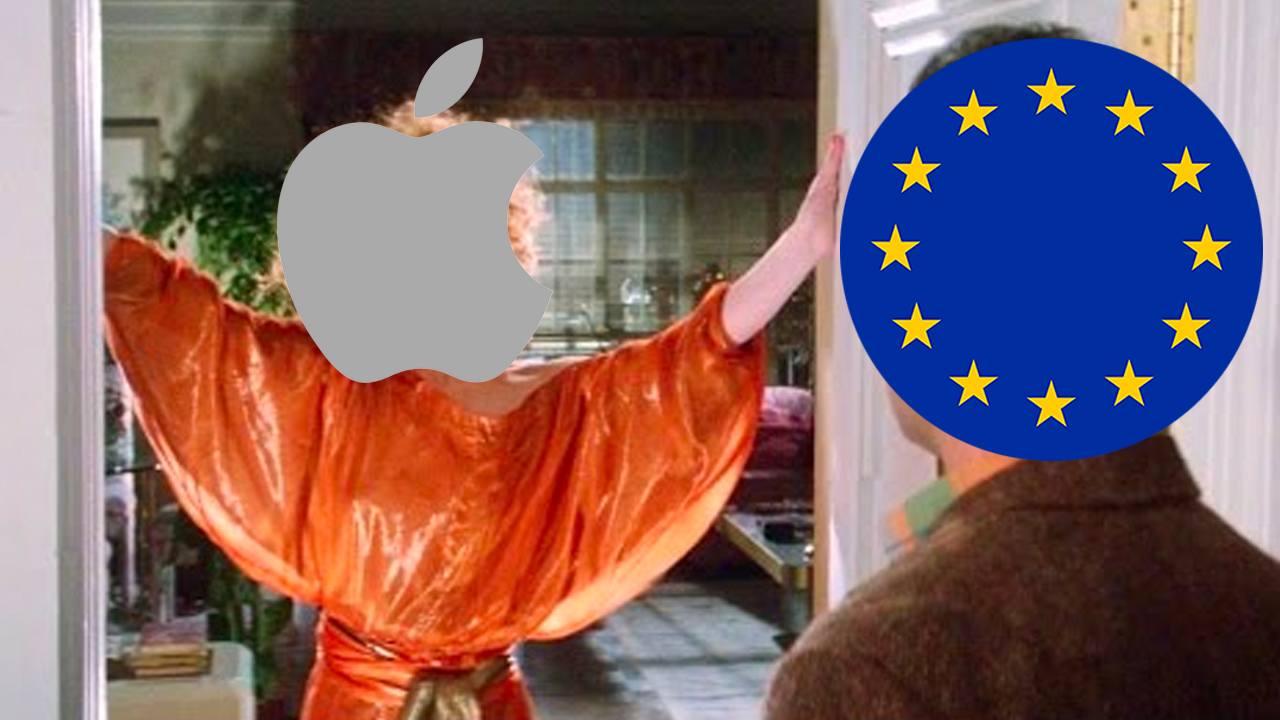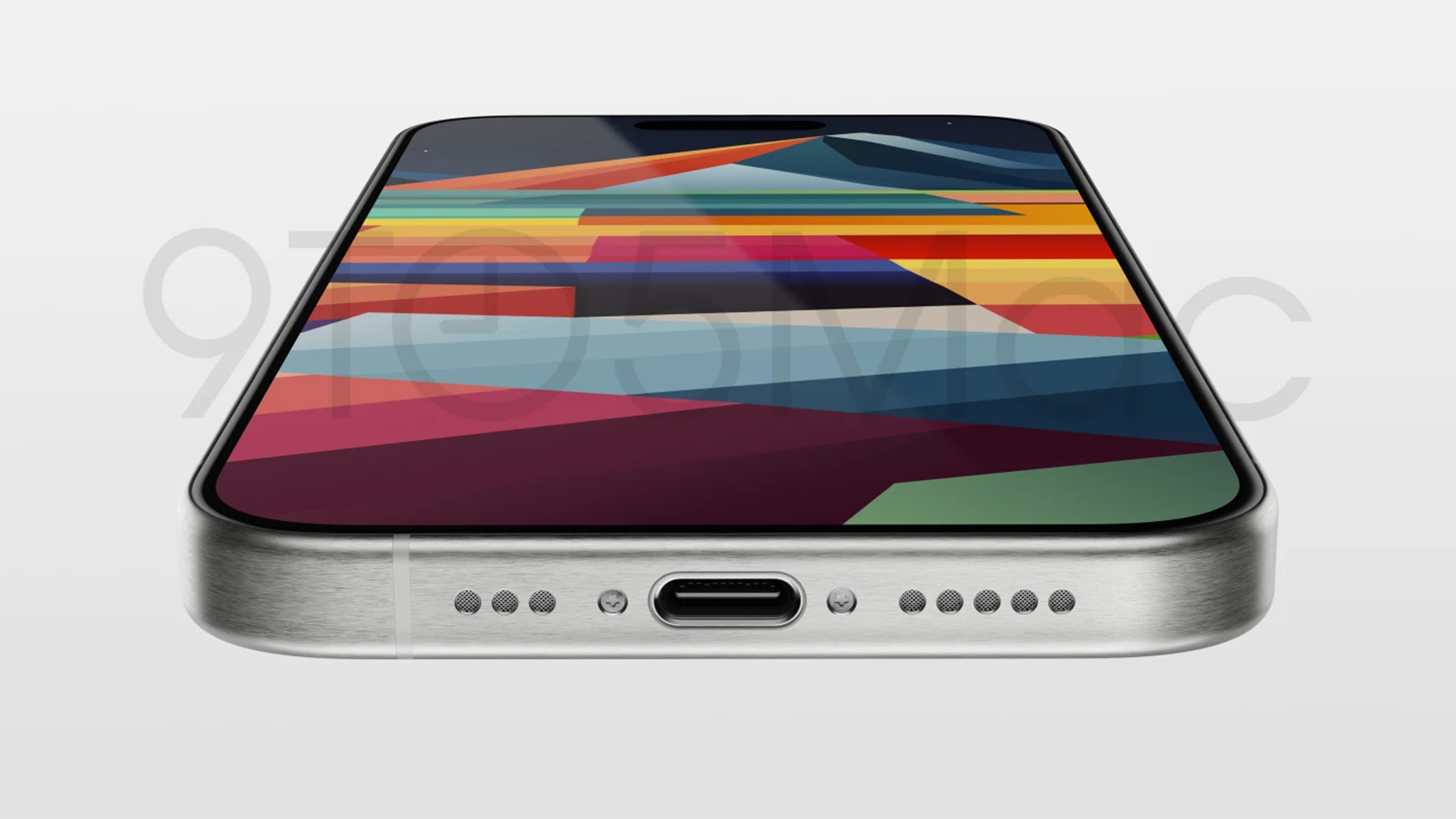
I joke about this whole Apple vs EU spat, but it's bringing a lot of positive changes. However, those changes are not stopping with a USB-C port on iPhone 15 — that pales in comparison to this huge new development.
As reported by Reuters, Apple has confirmed that it meets the European Union’s definition of a gatekeeper. Outside of the Ghostbusters reference I can get away with here, that means the company is now required to follow a host of new laws to open up its previously locked-down iPhone services. Let’s take a closer look.
No more walled garden?

The EU’s Digital Markets Act (DMA) is set to shake up Europe’s digital space to “better protect EU citizens and enhance innovation for EU startups and companies,” according to EU Commissioner for Internal Market Thierry Breton.
These new rules apply to companies with at least 45 million active users and a market cap of €75 billion, and they will require companies to:
- Open up their messaging services to work with rival platforms
- Remove prioritization of pre-installed apps, allow users to remove them, and choose third party apps as defaults
- Allow third-party app stores and external payment providers
You’ve already seen them start to take a hold, as Microsoft and Meta are hard at work with their app store alternatives. But this confirmation that Apple will play ball is set to be a true watershed moment for big changes being afoot.
App sideloading has been long rumored to be coming to iOS 17, and this legislation from the EU is going to level the playing field for a lot of companies to really make the most of that shiny new iPhone.
Outlook
An open standard of iMessage that works with other platforms (no more green bubble psychological tricks), and third-party app stores on the iPhone? Sign me up right away! This is going to be a huge change to how Apple’s smartphone works, and it’s going to bring a ton of benefits to the end user.
Of course, with new EU rules comes penalties for not following them, which would be severe — including fines of up to 10% of a company’s annual global revenue. Once this gatekeeper nomination process is done by September 6, companies will have six months to fully comply with these rules.
That gives Apple up until March 2024 to get its ducks in a row. One thing’s for sure, the iPhone 15 is going to be a much bigger launch than the usual phone refresh.







